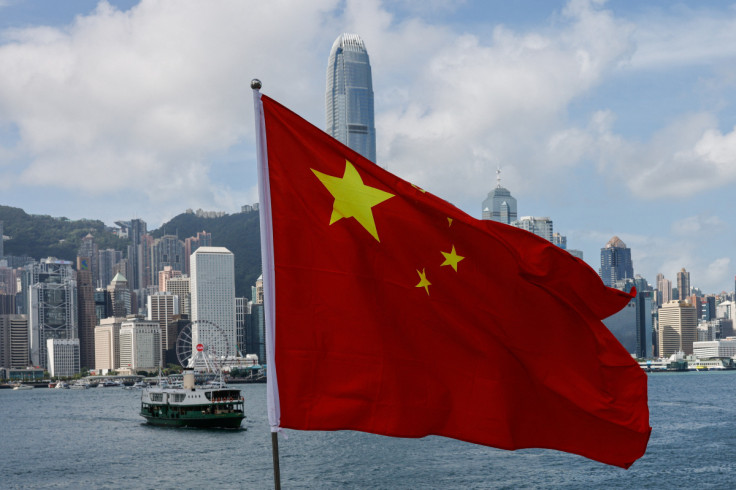US Expands List Of Chinese Firms Linked To Military, Heightening Global Tensions
Amid tensions between the U.S. and China, the U.S. Department of Defense has extended its list of Chinese companies allegedly cooperating with Beijing's military. The updated list, part of broader efforts to constrain American technology from contributing to China's military capabilities, includes renowned entities such as memory chip maker YMTC, artificial intelligence company Megvii, lidar manufacturer Hesai Technology, and technology firm NetPosa.

This action resonates continuation of Washington's strategy to restrict Chinese companies that may strengthen Beijing's military-industrial complex. The list, officially known as the "Section 1260H" list, does not enforce immediate bans on the listed companies. Still, it puts severe implications on their reputations and serves as an absolute warning to U.S. entities and companies about potential threats of doing business with these entities.
Craig Singleton, a senior fellow at the Foundation for Defense of Democracies, emphasized the significance of being listed on "1260H," saying, "The Defense Department's updated 1260H list underscores China's unwavering commitment to its military-civil fusion strategy."
Additionally, the 2024 National Defense Authorization Act has added more significance to the list by prohibiting the Defense Department from contracting with any of the designated companies in near future. Some Chinese firms have allegedly took actions to be removed from the list, implying the reputation risk that comes with such a designation.
The also raises concerns about Chinese companies' involvement in the U.S. and the potential risk factors with dual-use technologies that could advance China's military capabilities. As the Biden administration navigates these complicated dynamics, the actions against Chinese companies and the warnings about cyber threats emphasize the ongoing geopolitical tensions and the evolving nature of the U.S.-China relationship.
Bill Drexel, from the Center for a New American Security, a Washington-based think tank, highlighted that the updated list "stands as a reminder that the Sino-American economic relationship – especially around technology – is continuing to fray, and for good reason".
He noted that while the Chinese Communist Party would not back down from its military-civil fusion strategy, "Americans cannot afford to be naive about the pronounced role that ostensibly private companies in China play in building out China's military might, with direct strategic implications for American national security."
In response to the U.S., a spokesperson for the Chinese embassy in Washington stated China's opposition, calling it as an abuse of state power that goes against the alleged commitment to market competition and international fair trade. The spokesperson urged the U.S. to correct what they deemed as discriminatory practices and ensure a fair, just, and non-discriminatory environment for Chinese firms to conduct business.
Hesai Group, one of the companies added to the list expressed, "We do not sell products to any military in any country, and we do not have ties with any military. We are disappointed to be added to the list."
© Copyright IBTimes 2024. All rights reserved.












